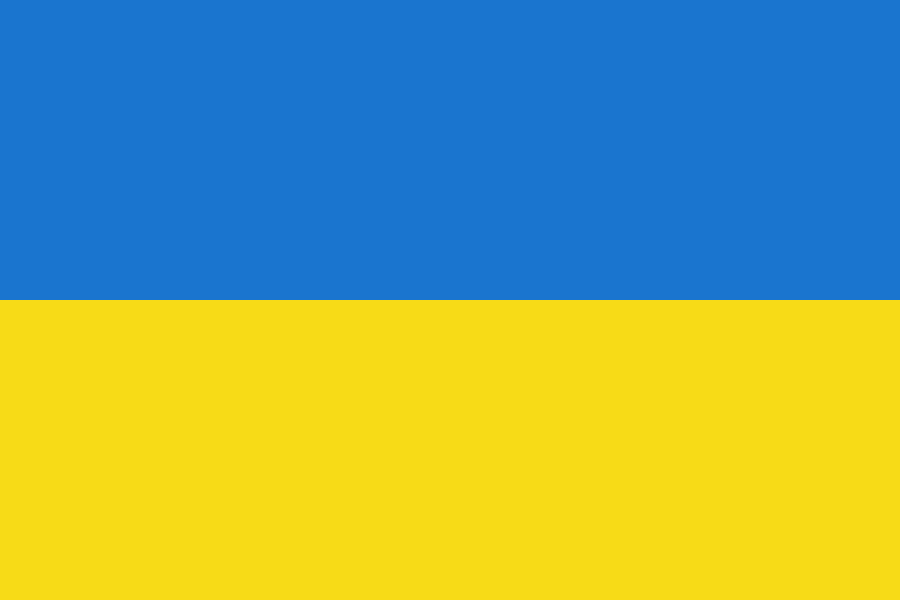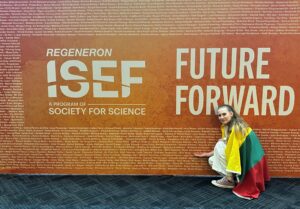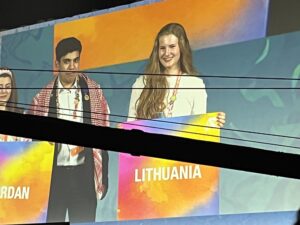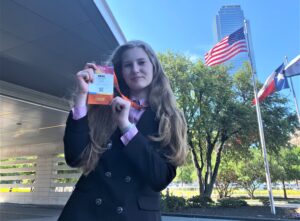“Although the environment was very competitive, I felt the other side of the competition as well – I met many wonderful people, young researchers from all over the world,” says Meda Surdokaitė, a first-year KTU student, who was awarded the third place in the chemistry category at Regeneron ISEF in Dallas, USA. Nearly 2,000 young scientists attended one of the largest scientific competitions in the world. Lithuanian Meda was delegated to it by the EUCYS competition for young scientists of the European Union, in which she took first place in the fall of last year.
Surdokaitė, who is studying applied chemistry at the Kaunas University of Technology (KTU), believes that participation in an event of such magnitude as Regeneron ISEF inspires and motivates to strive for more.
“Many different ideas were presented in the competition, which are not limited to chemistry or biology – 21 categories of scientific works were named,” explains Surdokaitė.
Although Meda won third place and a $1,000 prize in the chemistry category, she says her award-winning work — optimizing the synthesis of the Nile Red dye — is interdisciplinary. Nile Red dye is used in both biomedical and environmental engineering laboratories: its chemical properties help detect lipids in cells and microplastics in water.
In 2022, when she presented it at the EUCYS, European Young Scientists Contest, she won the highest award and became the first Lithuanian girl to achieve such a result. For this achievement, the KTU student was not only nominated in the Lithuanian National Broadcaster’s LRT annual awards as Future of the Year, was able to participate in the Stockholm international youth science seminar SIYSS, but also got the opportunity to compete in the prestigious Regeneron ISEF competition as EUCYS delegated representative of Europe.
“For me, a Lithuanian, just participating in such a competition is already a victory,” says Surdokaitė.
Priorities help make plans
Meda, a student of the KTU GITFed talent development programme says that she is most motivated by curiosity about science in a broad sense: “In the field of science, I see cooperation as one of the greatest values. Researchers’ work is very interesting, and I am happy to be able to learn from a mentor who is also passionate about science.”
Meda carried out her award-winning experiments under the guidance of KTU researcher Artiom Magomedov. Today, he is her academic mentor.
The KTU applied chemistry fresher not only dreams of a career as a scientist, but is also actively pursuing it. She says that when choosing any path, the most important thing is to do what is interesting, and to see the meaning in the activity. Today, Surdokaitė is preparing for a summer internship at the University of Turin in Italy, is planning partial studies with the Erasmus+ exchange programme in Prague and an internship with her mentor Artiom Magomedov.
“However, the field of science is very dynamic, therefore it is difficult to plan your activities there. What I have listed are current and not exact plans. It is important to have priorities so that when the time comes, you can choose the best option,” says Meda.





